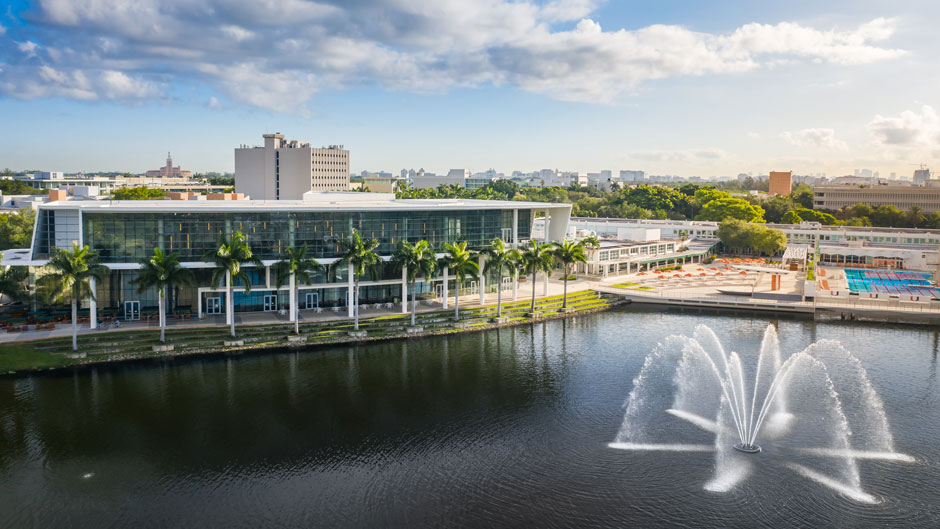The Hemispheric University Consortium, a coalition of universities across the Americas and the Caribbean that includes the University of Miami, is offering virtual research internships for students interested in exploring various disciplines under the mentorship of top professors.
In its second year, the research internships are open to graduate and undergraduate students from any of the universities in the consortium.
These include Pontificia Universidad Catolica de Chile (Chile), Pontificia Universidad Catolica Madre y Maestra (Dominican Republic), Universidad Austral (Argentina), Universidad de los Andes (Colombia), University of Miami (United States), Universidad Peruana Cayetano Heredia (Peru), Universidad San Francisco de Quito (Ecuador), and the University of the West Indies (Caribbean).
Virtual research internships are an excellent opportunity to foster scientific collaboration and international academic experiences. Hosted by Universidad de Los Andes and the Hemispheric University Consortium (HUC), this platform connects professors, researchers, and students from HUC universities across the continent.
“This is an international academic experience for our students without the need to travel and the flexibility of virtually participating in an international research project with researchers and students from other countries,” said Gabriela Geron, director of partnerships, innovation, and communications at the University of Miami.
In a recent global report by UNESCO, the Hemispheric University Consortium was included as a success case since it is the only organization that offers virtual research internships in the world, according to Geron, who also serves as Hemispheric University Consortium secretariat.
Last year, interns participated in projects that included collecting past climatic data from Latin America and the Caribbean and establishing a cohesive database, studying the effects of deforestation in the Colombian Amazon, and analyzing the phenomenon of European migration to Ecuador.
“Student testimonials from last year told us that this is a great international scientific experience that expands their network, provides research experience, and impacts positively their professional life,” said Geron.
In some cases, students are presenting their internship results in conferences and are publishing in academic papers. In addition, at the end of a successful completion of the internship, students receive a digital credential in Blockchain on the intercultural communication, digital collaboration, and research skills they gained, which can be shared in their LinkedIn profile.
Every edition of this program has a website where students, professors, and their projects are showcased which give students additional evidence of their work for future research projects and applying for funding opportunities.
Students interested in applying should do so by June 27.
Visit the HUC website for more information on how to apply and to view the available projects.

